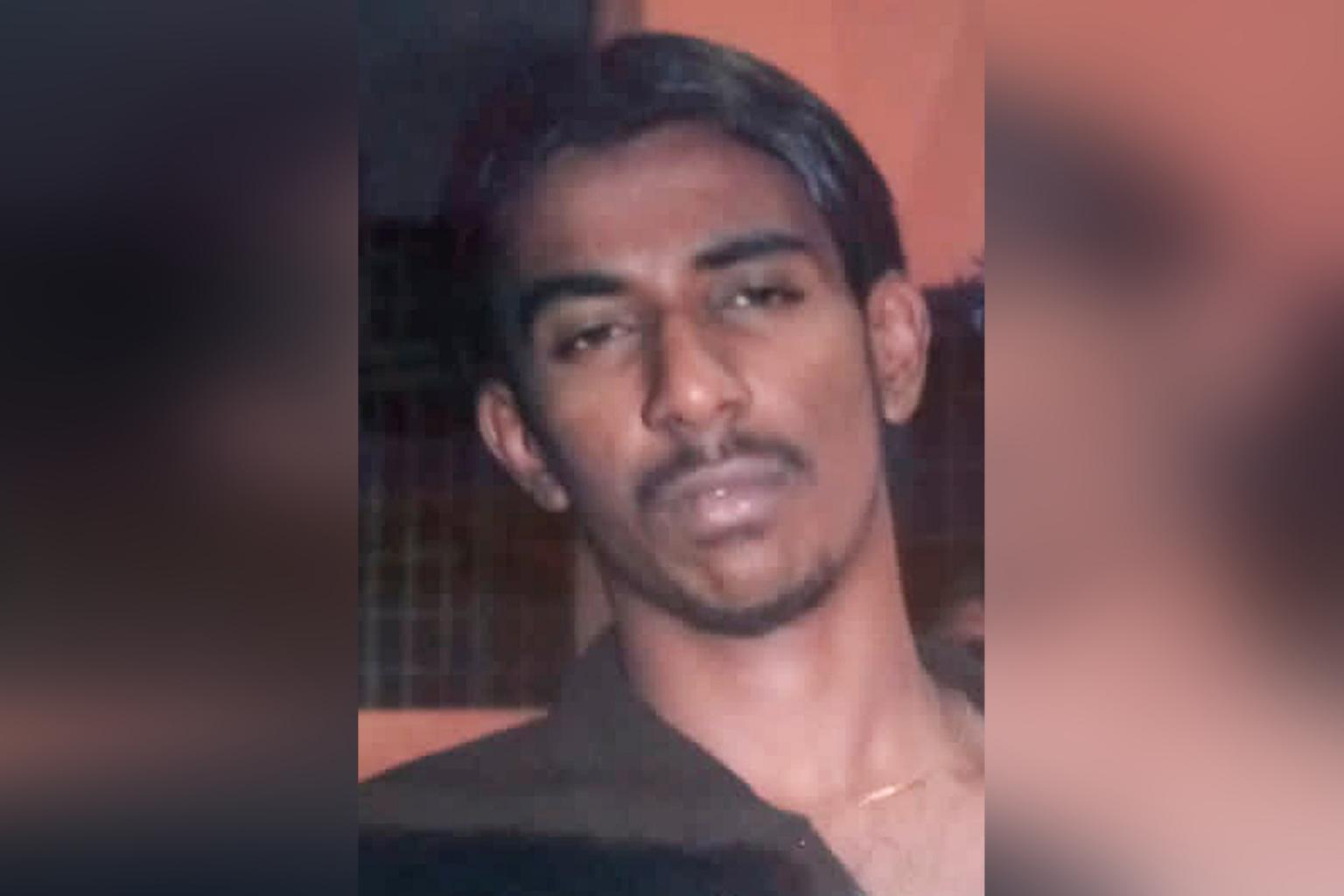Appeal of Malaysian drug trafficker scheduled to hang: Apex court flags abuse of process
Sign up now: Get ST's newsletters delivered to your inbox

Nagaenthran K. Dharmalingam was convicted of trafficking 42.72g of heroin in 2010 and given the death penalty.
PHOTO: REUTERS
SINGAPORE - The Court of Appeal on Tuesday (March 1) said lawyers for Malaysian drug trafficker Nagaenthran K. Dharmalingam were abusing the court process by submitting reports at the last minute and "drip-feeding" applications bit by bit.
The comments came at an appeal hearing as lawyer Violet Netto argued for Nagaenthran to be spared the death sentence on grounds of mental disability.
She was questioned as to why the defence has blocked the court from looking at the inmate's medical and psychiatric records in assessing his mental capacity.
Instead, Ms Netto wants the court to rely on the opinions of three overseas experts, none of whom have examined Nagaenthran, who based their reports on the observations of his brother and lawyer M. Ravi.
Nagaenthran, 33, is appealing against a High Court decision denying him permission to start judicial review proceedings to challenge his death sentence.
He has also asked the apex court to exercise its power to have him assessed by psychiatrists.
Nagaenthran was convicted of trafficking 42.72g of heroin in 2010 and given the death penalty, which was then mandatory.
His appeals against his conviction and sentence were dismissed in 2011.
Last year, he made an eleventh-hour attempt to challenge his impending execution on Nov 10, on the basis that he was suffering from mental disabilities.
After his bid was dismissed by the High Court, he appealed. The appeal hearing was adjourned after he tested positive for Covid-19.
On Tuesday, the appeal was argued by Ms Netto, with the assistance of Mr Ravi.
Early on in the hearing, Ms Netto was asked by Chief Justice Sundaresh Menon to explain why she submitted a two-page report, from Australian expert Danny Sullivan, only that morning before the court session.
The Chief Justice said it was a "mockery" and appears to be an abuse of the court process that was "calculated to delay the resolution of this matter".
Ms Netto apologised profusely but could not explain the late submission.
She contended that Nagaenthran was "not competent" to be executed and should be given time to locate independent psychiatrists who are willing to assess him.
CJ Menon then asked what was the evidentiary basis for her contention.
"None of the three medical reports emanate from people who have examined the applicant. They have relied on information furnished to them based on observations of the applicant's brother and the opinion of Mr Ravi. None of that is evidence of opinion with qualification," he said.
Ms Netto reiterated that she was seeking an independent assessment.
The Chief Justice then noted: "You are trying to persuade the court that there is a real issue to be looked at. In order to be satisfied... we need evidence."
He said the best objective evidence would be the prison records, but Ms Netto has stopped the court from looking at them.
When asked what was the basis to stop Nagaenthran's execution, Ms Netto gave a list of international conventions and treaties against capital punishment.
But CJ Menon said it was settled law that customary international law and treaty law cannot trump an inconsistent domestic law that is clear and unambiguous.
Deputy Public Prosecutor Wong Woon Kwong said the appeal was "just the continuation of a very cynical attempt to abuse the process of the court".
The prosecutor argued that there was no reliable evidence that can substantiate the claim that Nagaenthran was not competent for execution and that the defence was seeking to "suppress" objective medical records.
The Chief Justice asked the prosecutor, hypothetically, what the court can do if a prisoner was indeed suffering deteriorated mental capacity at the time of his execution.
The DPP said there was nothing in the law that says the mental state of an offender is a legal reason for changing a sentence, and that it was a matter for clemency.
He contrasted it to caning, where prisoners are examined by a medical officer to assess whether they are suitable to be caned.
At the hearing, Justice Andrew Phang noted that Nagaenthran was making a lot of last-minute applications and "drip-feeding" them one by one.
Justice Phang noted that Nagaenthran had filed another application in November last year, seeking to reopen his conviction, but did not follow up by filing any documents.
The court will give its decision on the appeal at a later date.


